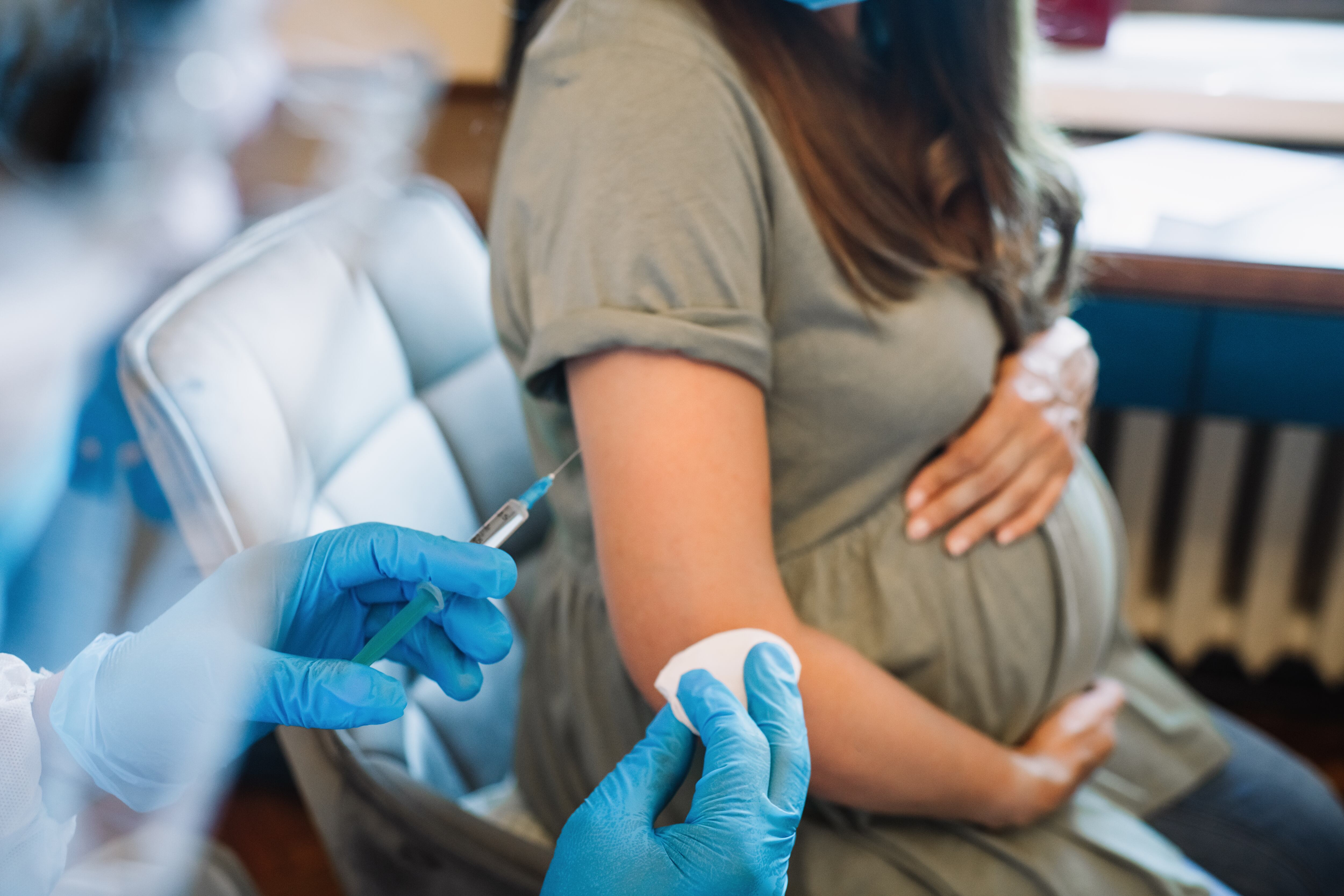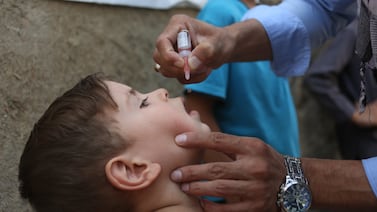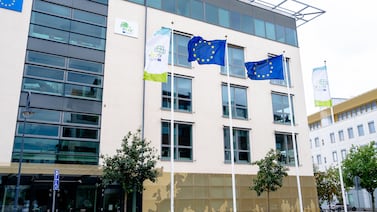This guide is written for Healthbeat by experts in the field. Public health, explained: Sign up to receive Healthbeat’s free Atlanta newsletter here.
For many people, pregnancy can be a time of excitement, nerves — and information overload. Google “maternal health,” and you’ll find news stories, documentaries, and star-athlete testimonials about our nation’s maternal health crisis.
Georgia, in particular, has some of the worst pregnancy outcomes in the United States, but our community health organizations are working hard to change that.
“We are advocating for policies and programs — and creating powerful resources — for pregnant women and families here in Georgia,” said Fowzio Jama, formerly of the Healthy Mothers Healthy Babies Coalition of Georgia, a statewide maternal health organization.
There are new and emerging resources to help people feel safer and more confident in their pregnancy journeys. Are you pregnant or caring for someone who is having a baby in Georgia? Here are some facts and resources to help ensure a safe pregnancy.
A healthy mouth helps make a healthy pregnancy
Did you know that oral health — the condition of your mouth, teeth, and gums — is key during pregnancy? Research suggests a strong connection between oral health conditions like gum disease and complications like preterm birth and high blood pressure. What’s more, you can’t eat well (and feed your growing baby) if you experience pain with each bite.
And yet, it’s not typical for prenatal clinicians to pay attention to what’s happening inside your mouth, said Irene Yang, PhD, an oral health researcher at Emory University’s Nell Hodgson Woodruff School of Nursing. “Regular dental checkups are therefore not only safe during pregnancy but essential,” she said.
If you have a dentist but haven’t seen them in a while, make an appointment, Yang advises. Routine cleanings and exams are important but often overlooked ways to lower your pregnancy risk. If you don’t have a dentist — or are experiencing active dental issues — share your concerns at your next prenatal visit. Most obstetricians and midwives understand the importance of oral health and can work with you to find help.
Worried about dental insurance? There are options for coverage, even if you’re uninsured or underinsured. Medicaid covers dental care, for instance, and you can find a dentist who accepts it or your private insurance using this public portal from Find Help Georgia.
“If you don’t qualify for Medicaid, and you don’t have insurance, ask your prenatal clinician to help you find a dentist who works with people on a ‘sliding scale,’” Yang said. This means the office will charge you for services according to your ability to pay.
Setting a strong oral health routine — like brushing twice a day and flossing daily — can help you protect your teeth and gums between dental visits. Need to “brush up” on flossing? Here’s a video refresher.
Being heart healthy doesn’t have to be hard work
Pregnancy changes your body a lot, including by stressing your heart. At this point, you may be exhausted by the endless advice to “eat right and exercise” — at a time when you just want to rest and feed your cravings. But keeping your heart healthy doesn’t have to be hard work.
“Walking for just 30 minutes a day, five days a week, can boost your circulation, strengthen your heart, and even improve your sleep and mental health,” Jama said. “Think of your walking time as ‘me time’ and a much-needed break.”
Simple ways to work walking into your day can include setting up walking dates with friends, joining a walking group for expecting parents, or walking instead of driving to a place you regularly visit, such as the pharmacy (if safe).
Equally essential are your prenatal visits, where your clinician will monitor your blood pressure and heart health. Between visits, it’s highly recommended to regularly check your own blood pressure. Many pharmacies offer free blood pressure checks, and certain clinics offer free take-home blood pressure cuffs.
Knowing what’s standard for you — and when something might be wrong — can prompt you to get help when you need it. Call 911 or go to a nearby emergency room if you notice any of these life-threatening pregnancy warning signs from the Centers for Disease Control and Prevention:
- Headache that won’t go away or gets worse over time
- Dizziness or fainting
- Changes in your vision
- Fever of 100.4 degrees F or higher
- Extreme swelling of your hands or face
- Thoughts of harming yourself or your baby
- Trouble breathing
- Chest pain or fast beating heart
- Severe nausea and vomiting
- Severe belly pain that doesn’t go away
- Baby’s movement stopping or slowing during pregnancy
- Severe swelling, discoloration, or pain in your leg or arm
- Vaginal bleeding or fluid leaking during pregnancy
- Heavy discharge after pregnancy
- Overwhelming tiredness
How to access help for mental health
While pregnancy and childbirth can be filled with joy, the reality for many parents is that this time can also bring anxiety, depression, and serious mental challenges. Even though mental health conditions are treatable with proper care and support, odds are — if you live in Georgia — you or someone you know has had trouble accessing our mental health system.
In 2024, Georgia received a grade D from the Policy Center for Maternal Mental Health, showing that there is great room for improvement during pregnancy and beyond. At your checkups, your clinician might not always ask about stress or depression, so it’s important to bring up any mental health concerns you may have — and ask for clear, actionable steps for accessing support.
Here are some resources that can help:
- Locate a counselor using this easy-to-search registry from Postpartum Support International
- Review this guide from the Georgia Perinatal Mental Health Task Force.
- Call or text the PSI helpline, available from 8 a.m. to 11 p.m. ET, at 1-800-944-4773
- In crisis? Call or text the 988 Suicide and Crisis Lifeline any time to reach a dedicated counselor
The Georgia Adult Mental Health Crisis Line is available 24/7 at 1-800-715-4225, as well. In addition to offering toll-free support via phone, this helpline can dispatch a mobile crisis response team to your home or help you find the nearest walk-in center for in-person help.
Doula support is for everyone
A little extra help can make all the difference in the journey to childbirth and beyond, and a doula can provide this much-needed added layer of care.
What is a doula? A doula is a trained professional who provides emotional, physical, and informational support throughout pregnancy, birth, and postpartum recovery.
“While doulas are not necessarily medically trained [though some are], they do provide essential prenatal education, birth advocacy, and postpartum support,” said Thomecia Busby, workforce development manager at HMHBGA. “Your doula can help you feel empowered, with a sense of control over the choices made during your pregnancy, labor, and delivery.”
- Shorten your labor time
- Reduce your chances of a Cesarean birth (C-section)
- Decrease the need for pain medications
- Reduce your risk of a mood disorder before or after childbirth
- Increase the likelihood that you’ll have a positive birth experience
Whether you plan to give birth at your local hospital, a birth center, or at home, you, too, can have a doula, Busby said. “Families can start their search for an independent doula with HMHBGA or qualify for a doula reimbursement program. Other local doulas offer flexible payment plans or package options, with some insurance plan reimbursement for these services.”
Doulas are part of a larger vision for enhanced pregnancy care in Georgia and can support you in making informed choices, Busby said. “A doula can help you feel safe, seen, and heard.”
Community organizations can help find resources
Navigating pregnancy can feel overwhelming, to say the least. Organizations like PSI and HMHBGA are available to connect you with resources, from dentist and doula recommendations to free blood pressure cuffs. Your local hospital or community clinic may also offer free prenatal classes.
“You are not alone in this journey,” Busby said. “With the right support, you can thrive during pregnancy and beyond. Pregnancy can be challenging, but it can also be a deeply empowering experience when you feel supported and have the help you need.”
Margaret Master, MBA, MPH, is a maternal health researcher and advocate who serves as executive director of Healthy Mothers Healthy Babies Coalition of Georgia. Shannon Stevenson, EdD, MSN, RNC-MNN, PMH-C, is an associate clinical professor of nursing at Emory University who co-founded the Georgia Perinatal Mental Health Task Force.







